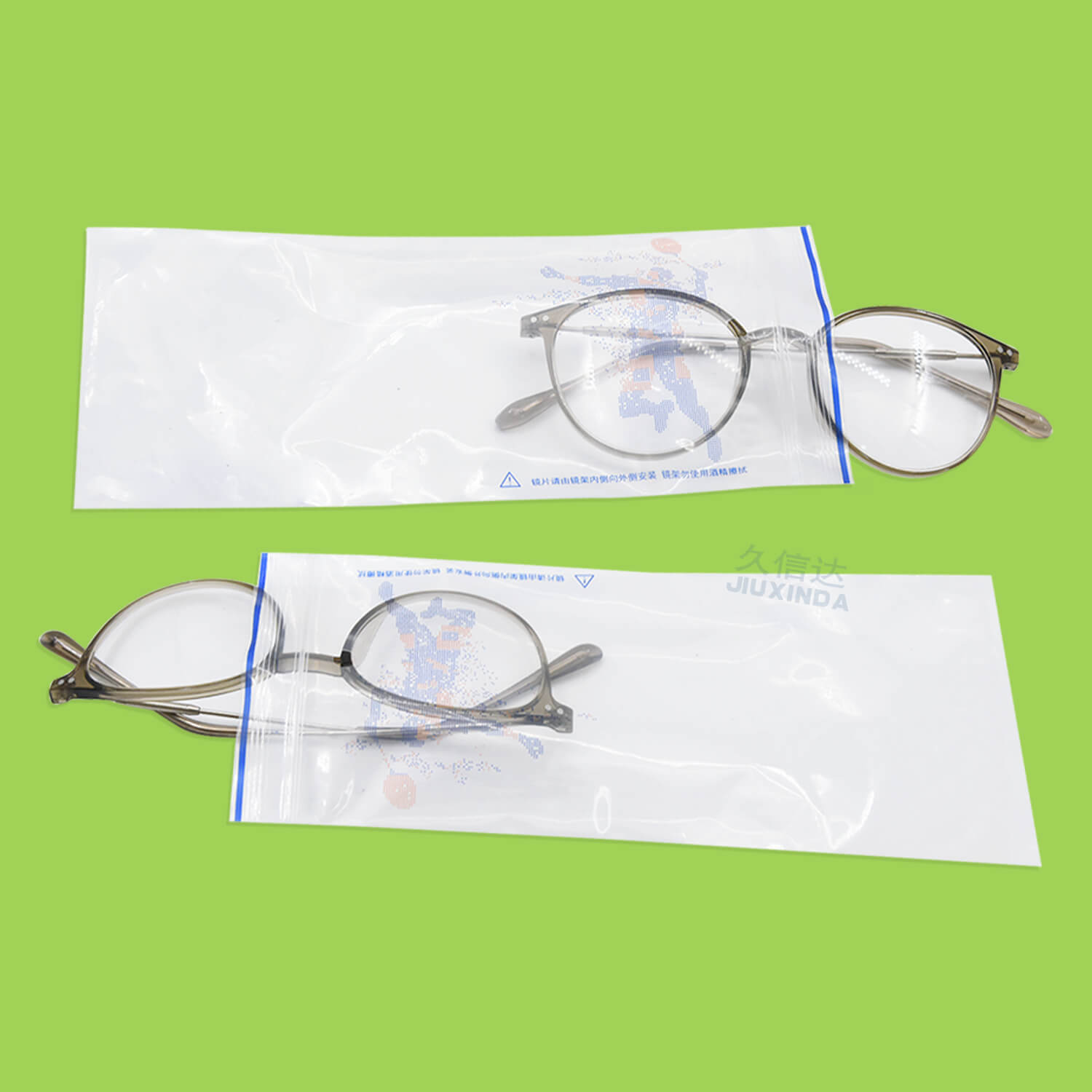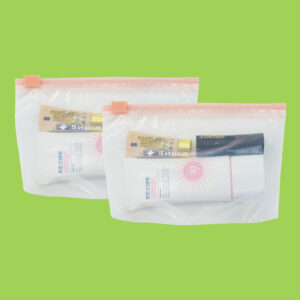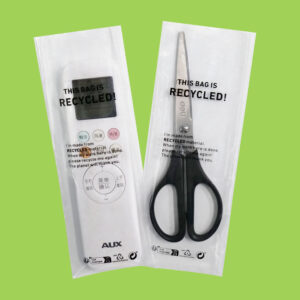Contents [hide]
What are recyclable plastic bags?
Recyclable plastic bags are plastic bags designed to be collected, sorted and reprocessed into new plastic products at the end of their life cycle. These plastic bags are usually made of recyclable materials such as polypropylene (PP), polyethylene (PE) or polyester (PET). They can be washed, melted and reshaped in the correct recycling process, thereby reducing the demand for new plastic raw materials, helping to save resources and reduce environmental pollution. However, recyclability also depends on consumer recycling behavior, local recycling facilities and the degree of contamination of plastic bags. Therefore, even if plastic bags are marked as recyclable, their actual recycling rate may vary depending on the region and recycling system.
What is GRS environmental certification?
GRS environmental certification, namely Global Recycle Standard certification, is an international, comprehensive product standard designed to ensure that a specified proportion of recycled materials are used in the production process of the product and that the entire production process meets strict environmental protection and social responsibility requirements. This certification covers aspects such as wastewater treatment, energy use, chemical management, and social behavior, ensuring that participating companies take a responsible attitude in the production process, reduce environmental impact, and promote sustainable social and economic development. GRS-certified products demonstrate their commitment to environmental protection and social responsibility to consumers, while also providing brands and products with a differentiated advantage in the market.
Are recyclable plastic bags GRS certified?
Recyclable plastic bags themselves have the potential to be recycled, but that does not mean they are automatically GRS certified. GRS certification is a specialized certification system that requires not only that products contain a certain percentage of recycled materials, but also that the entire production process follows strict environmental and social responsibility standards, including regulations on the use of chemicals, wastewater treatment, energy consumption, and labor conditions. Therefore, even if plastic bags can be recycled, they can only be considered GRS certified if they are made of certified recycled materials and the production process meets GRS standards. Simply put, recyclability is an environmentally friendly feature of plastic bags, and GRS certification is a comprehensive recognition of the sustainability of the entire life cycle of the product.
Types of recyclable plastic packaging bags?
Common types of recyclable plastic packaging bags are:
Recyclable PE bags
Recyclable PE bags, that is, recyclable plastic bags made of polyethylene, are an environmentally friendly plastic packaging product. They are designed and produced with recycling in mind. Through specific recycling channels and processing processes, these bags can be effectively converted from waste into new plastic products or other related products. The use of recyclable PE bags helps reduce dependence on non-renewable resources, reduce energy consumption and greenhouse gas emissions in the production process, and promote the reduction and resource utilization of plastic waste, supporting the concept of sustainable development and circular economy. In addition, the promotion and use of recyclable PE bags can also help enhance the public’s environmental awareness and encourage more people to participate in garbage sorting and recycling activities.
PCR plastic bags
PCR plastic bags, that is, plastic bags containing post-consumer recycled materials, are made by collecting and reprocessing plastic products discarded by consumers after use. The production of this type of plastic bag utilizes post-consumer plastic waste, such as beverage bottles, packaging bags, etc., which are washed, crushed, melted, and remade into plastic particles or resins, which are then used to produce new plastic bags. The use of PCR materials not only reduces dependence on raw petroleum resources, reduces energy consumption and greenhouse gas emissions in the production process, but also helps to reduce environmental pressure and promote the development of a circular economy by reducing landfill and incineration of plastic waste. In addition, the promotion and use of PCR plastic bags also reflects society’s pursuit of sustainable consumption and production patterns, encouraging consumers and businesses to participate in the practice of plastic recycling and reuse, and jointly contribute to environmental protection and resource conservation.
GRS plastic bags
GRS plastic bags refer to plastic bags that have been certified by the Global Recycle Standard. This standard is formulated by the Textile Exchange, which ensures that a certain proportion of recycled materials are used throughout the production process of the product, and that the production process meets strict standards for environmental protection and social responsibility. GRS certified plastic bags not only reflect a commitment to environmental protection, reduce environmental impact by reducing dependence on new plastic raw materials, but also indicate through certification that its production process follows the specifications for wastewater treatment, energy use and chemical management, as well as the protection of workers’ rights. The production and use of such plastic bags promotes the sustainable development of the plastics industry and the practice of a circular economy.
Recyclable plastic self-adhesive bags
Recyclable plastic self-adhesive bags have a self-adhesive sealing function, which is convenient for users to quickly close and open. This self-adhesive bag is very practical in keeping the contents safe and preventing leakage. At the same time, due to its recyclability, they help reduce the use of disposable plastics, support environmental protection and the recycling of resources. After use, consumers can properly sort and recycle these bags according to local recycling policies, thereby reducing the impact on the environment and promoting sustainable development.
Recyclable plastic ziplock bags
Recyclable plastic ziplock bags have easy-to-use self-sealing mechanisms, such as zipper or adhesive closures, to ensure the sealing and security of the contents of the bag. This ziplock bag design allows for repeated use, extending its service life and reducing the generation of waste. After use, consumers can clean it and recycle it according to local recycling regulations, thereby reducing the impact on the environment and promoting the recycling of resources. The promotion and use of recyclable plastic ziplock bags not only reflects the commitment to reducing plastic waste and protecting the environment, but also conforms to the current global trend of promoting sustainable development and circular economy.
Recyclable plastic zipper bags
Recyclable plastic zipper bags have a zipper closure that is easy to open and close repeatedly. This design not only makes it easier for users to access items, but also extends its life by allowing the bag to be reused, reducing the use of disposable plastic products. After use, these zipper bags can be washed and recycled according to local recycling policies, helping to reduce plastic waste, support the recycling of resources, and thus promote environmental protection and sustainable development.





